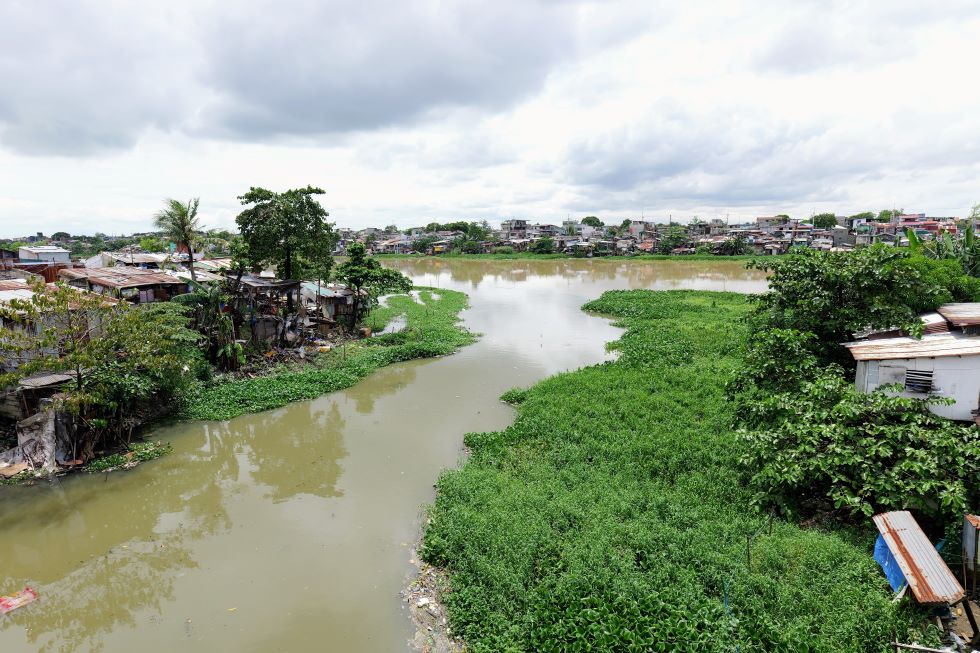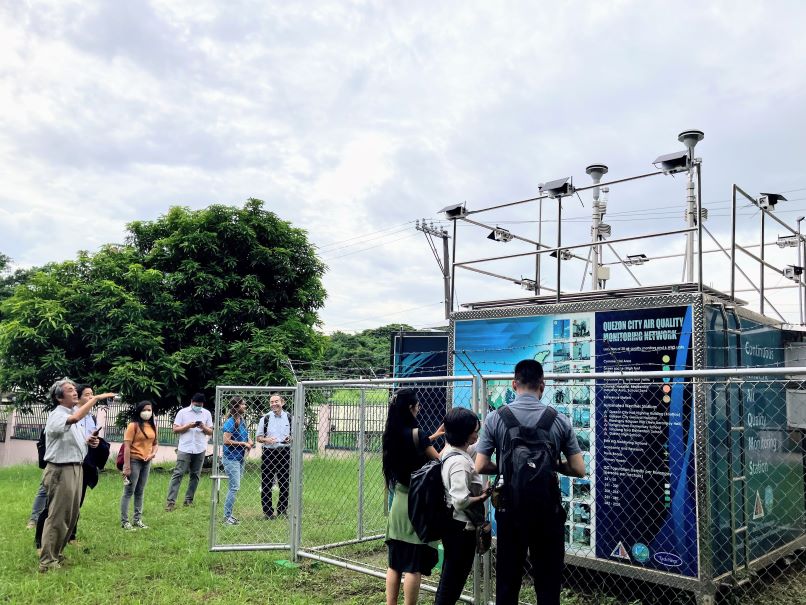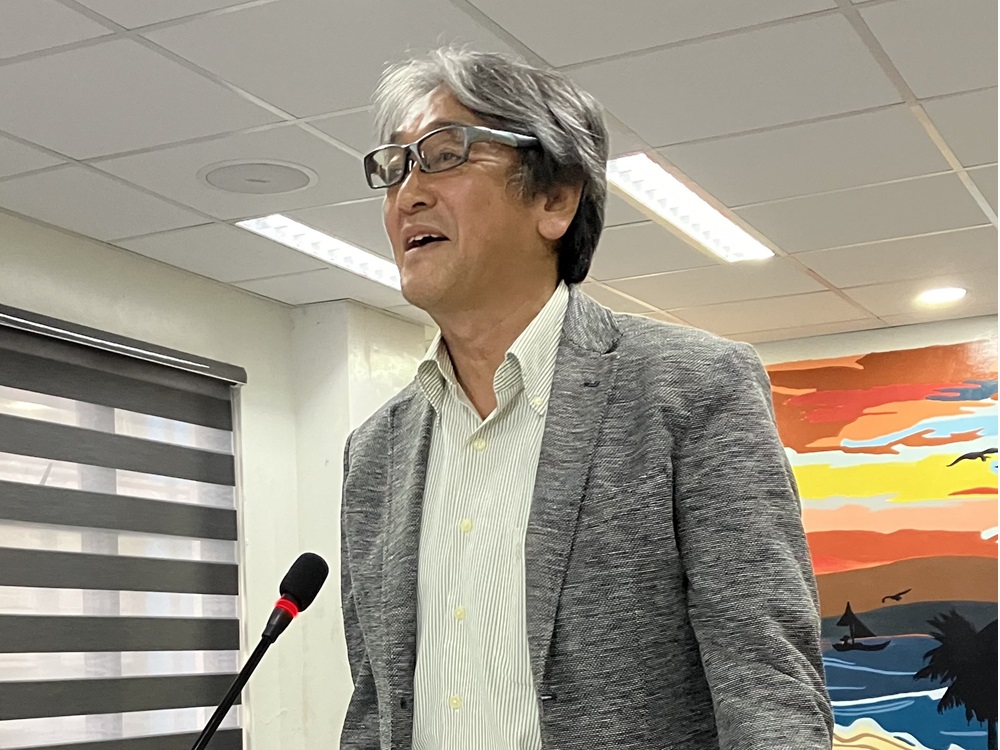2023.12.22
Overseas study mission team was dispatched as OECC Subcommittee Activity
The OECC’s Technology, Communication and Outreach Subcommittee conducted its first overseas study mission in six years to Manila, Philippines from October 1 to 7, 2023.
Considering the COVID-19 restrictions, the mission team was formed consisting of nine members: six junior consultants with limited overseas experience, and three members of the OECC secretariat.
To promote environmental development cooperation, the team visited the Philippine government, the local governments, international organizations, and relevant Japanese organizations, among others, and gathered information and held discussions through on-site inspections.
*This article is based on the OECC Newsletter Special Edition, February 2024.
Mission Overview
The Philippines maintains the highest economic growth rate in the ASEAN region, with the second largest population among ASEAN countries, with an average age of 25, and largely English-speaking. However, the country faces various challenges, such as the lowest infrastructure development rate in the ASEAN region. In the Metro Manila in particular, traffic congestion due to rapid population growth and flooding due to human impacts are causing serious problems, requiring continuous support.
The study team conducted its mission focusing on Climate Resilience Development (CRD) and environmental issues such as natural disasters, waste management, air pollution, water quality management, and water resource protection.
The study results were summarized into a report (available for members only) and presented at the OECC members’ meeting held on December 21st.
The Philippines is facing serious environmental challenges as its economy grows, and the country will continue to need support. The site visits and discussions with the governments and other organizations during this mission produced fruitful results in promoting future environmental cooperations.
In the Philippines, storm and flood damages account for 82% of the deaths and 95% of the damages caused by all disasters, making measures against high-risk storm and flood a development priority. To this end, the team visited the site for Pasig-Marikina River Improvement Project undertaken by JICA to confirm its flood warning system, river dredging, and relocation status of informal residents. The flood risk and flood control measures in the Laguna Lake area in Santa Rosa City were also investigated (Photo 1).

Photo 1: The presence of informal residents in the river area has led to
flooding due to the malfunction of the drainage channel,
making them subject to resettlement.
To achieve air quality standards, Quezon City is building an observation network that combines reference and non-reference stations using LCS (low-cost sensors) as a pilot project supported by CAA. Although its accuracy is inferior to that of a reference station, installation and maintenance are inexpensive, and it meets the needs of developing countries with limited resources. The network is expected to be expanded throughout the Philippines. (Photo 2)
In the Philippines, waste collected by local governments is often disposed of in the open dumping system for cost reasons. However, the enforcement of the law has led to a shift to controlled landfills and sanitary management methods. The study team visited the controlled waste disposal site in Payatas that was converted from an open dump system where a tragic collapse once occurred.

Photo 2: Visit to the air pollution monitoring station as a reference station
installed on the Quezon City Polytechnic University campus
and the adjacent non-reference station
Comment from the Mission Leader
|
|
At the sites, we were able to feel firsthand the hardship of the city government being unable to take effective measures against floods caused by development, and of the administration which has been powerless to stop the landfill activities that are destroying Manila Bay. We learned about the social background behind these issues, and at the same time, about the on-going steady movements, such as the efforts by the city and central governments actively working on climate change countermeasures with international support, the rapid shift to sanitary landfills by the waste administration, ADB’s work on new environmental conservation mechanisms, and the ODA projects that has been working on flood measures over several decades while struggling with the relocation of informal residents. As the secretariat, we hope that the team values the insights obtained from the mission and put them to use in the field of environmental development cooperation. |
OECC Newsletter
For the comments from the rest of the mission team, please see the special newsletter in February 2024.
OECC Newsletter Special Edition, February 2024
*Japanese only



